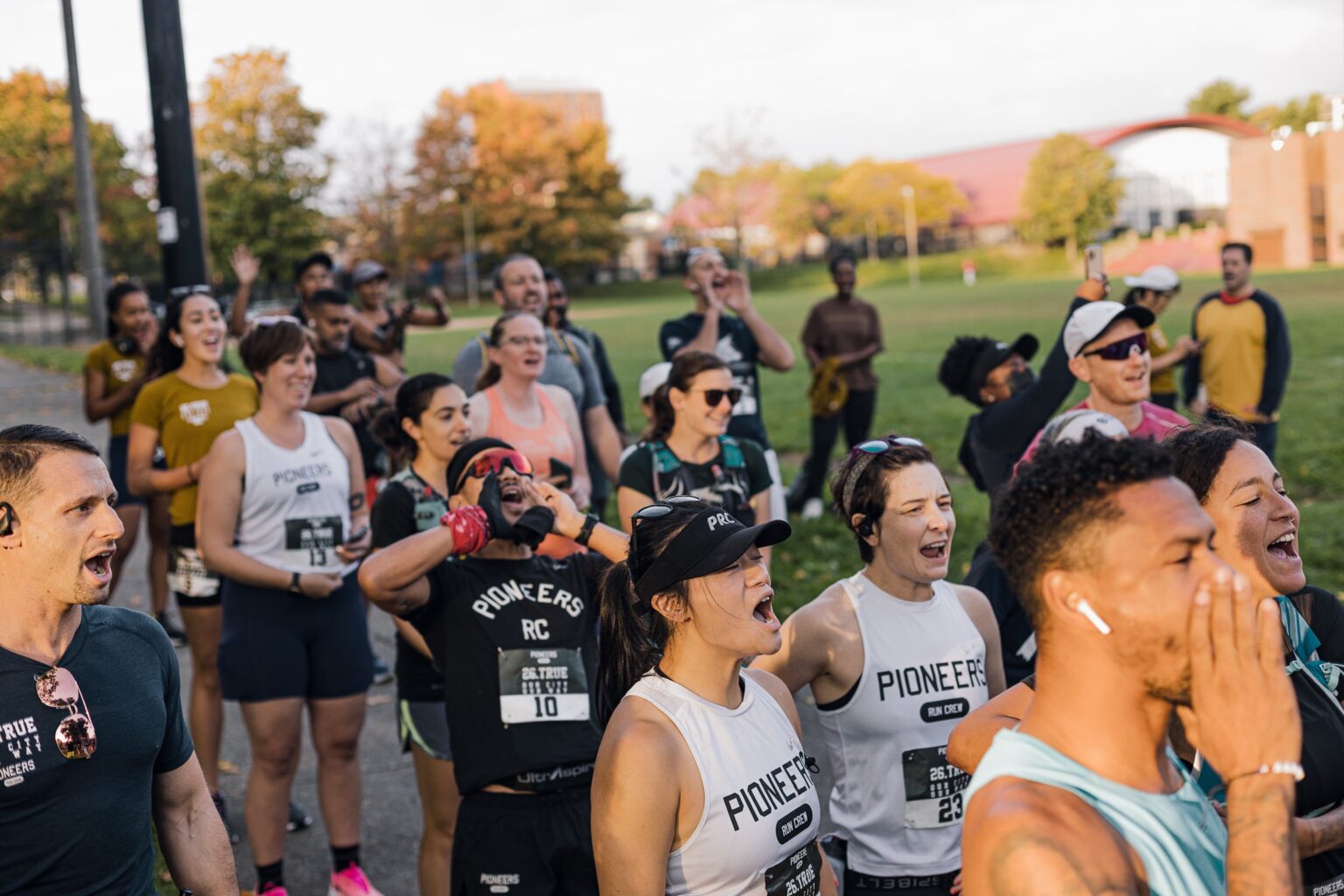Pioneers Run Crew: A Winning Community for All Runners in Boston
The Pioneers Run Crew (PRC) is changing the narrative around running in Boston, a city closely associated with the iconic Boston Marathon. With a mission to foster healthy living and community, the PRC is showcasing the diversity and inclusivity of the local running culture. Frances Ramirez, a co-captain of PRC, reflects this commitment as she shares her passion for the running community which she has made a dedication akin to a part-time job. With a logo tattooed on her forearm, she embodies the pride and sense of belonging that comes with being part of this vibrant group.
Boston, renowned for its rich history and significant annual marathon race, offers much more than what meets the eye. Co-captain Jeremy Guevara echoes this sentiment, stating, “I didn’t know there was a running culture until I was in it.” The Boston Marathon attracts thousands, yet the PRC seeks to emphasize that real running culture happens beyond this prominent event. They aspire to create a genuine space where running becomes accessible for everyone, regardless of socioeconomic background.
The crew’s initiative, 26.True, aims to present an authentic view of Boston’s diverse neighborhoods. This unsanctioned marathon was launched during the pandemic, providing a space for runners who were missing out on the Boston Marathon experience. The race has grown into an opportunity for locals to run together, promote healthy living, and forge connections within their communities.
Scheduled for April 16 this year, just two days before Marathon Monday, the 26.True marathon will once again traverse the city. Starting and finishing at Malcolm X Park in Roxbury, the route will highlight neighborhoods that often get overlooked, such as Jamaica Plain, Hyde Park, Dorchester, and South Boston. This allows runners to engage more deeply with the city’s hidden gems while experiencing its rich culture.
The unique feature of the 26.True is that it does not have streets blocked off, yet it offers essential race-like amenities, including hydration stations and course marshalls. This event transcends mere competition; it embodies a story-telling experience, ensuring participants connect with the vibrant history of each neighborhood they pass through. As Guevara notes, “Why is no one running on them?” The race aims to shift the perception that only popular areas like the Charles River are safe for runners.
Ramirez shared her emotional connection to the race, stating, “It told my story. How are we going to relate to people if we’re not telling our own story?” This narrative emphasizes the importance of representation in the running community. Many voices within PRC challenge the misconception that Boston lacks diversity, with Ramirez particularly advocating for better representation of Black and brown individuals in the running scene.
The Pioneers Run Crew’s presence extends to the Boston Marathon as well, highlighting their evolving role within the local running community. They host events like a pre-race shake-out and panel discussion, along with a dedicated cheer zone to uplift the runners on race day. Ultimately, the PRC is a testament to what it means to build connections within your community and embrace local culture. As Guevara aptly puts it, “You don’t have to leave; you can build that group right where you are.” Community running, as exemplified by PRC, is a powerful reminder that everyone shares a common goal: to experience the joy of running together.
For more insights into the vibrant running community in Boston and to get involved, visit Local Running Drop for tailored local recommendations and event information.
